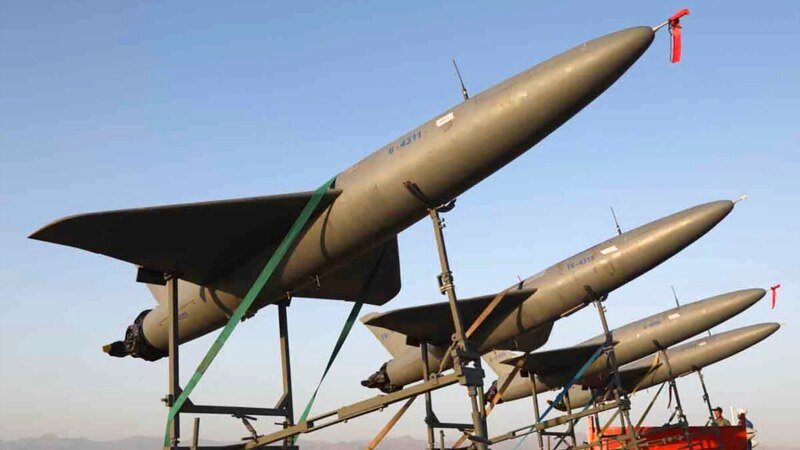Bolivia Indicates Interest in Iranian Drone Technology to Protect Borders

[ad_1]

Bolivia is interested in obtaining Iranian drone technology to protect its borders and combat smuggling and drug trafficking, the Andean country’s defense minister confirmed Tuesday, a day after Argentina demanded information on an agreement reached by Iran and Bolivia that has raised security concerns in the region.
Edmundo Novillo dismissed those concerns, saying they were “exaggerated” and came from an Argentine lawmaker “who, I understand, has Israeli origins,” whom he did not name.
The minister spoke to reporters a day after Argentina’s foreign ministry sent a note to the Bolivian Embassy in Buenos Aires requesting information “about the scope of the discussions and possible agreements reached” during Novillo’s visit to Iran last week.
Bolivian opposition lawmakers also filed a request for information after they found out through the media about an alleged defense and security memorandum of understanding signed between Novillo and his Iranian counterpart, Mohammad Reza Ashtiani, on July 20.
Novillo characterized concerns as an “exaggeration” and a “political show,” speculating that it had to do with the upcoming elections in Argentina and that some sectors of the country’s right wing are trying to use the issue for political purposes. Argentina will hold primary elections next month ahead of presidential elections in October.
Argentina’s foreign ministry declined to comment on Novillo’s news conference.
The Bolivian minister also denied that a memorandum of understanding had been signed with Iran, saying only that he signed an “act” with his counterpart in Tehran to identify common points of interest. Iran’s state-run news agency IRNA had reported on the memorandum of understanding. Neither country has made the document public.
Novillo said Bolivia was interested in Iranian high-tech drones that can monitor mountainous areas and provide real-time images to the armed forces, stating that their technology could help the Andean country’s efforts to boost border security.
He did not say whether Bolivia would purchase the drones or get them as a donation, but the Institute for the Study of War, or ISW, based in Washington, said last week that “Iran has sought to increase the number of countries that buy Iranian drones in recent years.”
Venezuela had previously said it was building drones with Iran’s help, according to Annika Ganzeveld, an Iran analyst for the Critical Threats Project at the American Enterprise Institute, an ISW partner organization.
“President Ebrahim Raisi has shown a greater interest in developing relations with South American countries than his predecessor,” Ganzeveld said. “Iran’s renewed focus on Latin America indicates it is trying to increase its foothold in this region, especially by bolstering economic interactions and possibly pursuing arms deals.”
The reported deal raised particular concern in Argentina, where prosecutors have long alleged that Iranian officials used the Lebanon-based militant group Hezbollah to carry out the 1994 bombing of the AMIA Jewish community center in Buenos Aires that killed 85 people. Iran has denied any involvement in the incident.
“Argentines must remain vigilant and monitor the presence of Iranian agents in Bolivia who, under the pretext of cooperating on drug trafficking issues, will likely engage in intelligence activities that may impact or affect Argentina,” Jorge Faurie, a former Argentine foreign minister, wrote on social media late Monday.
Novillo said his visit to Tehran should not be seen as a “threat,” emphasizing that Bolivia is a “pacifist government.”
[ad_2]